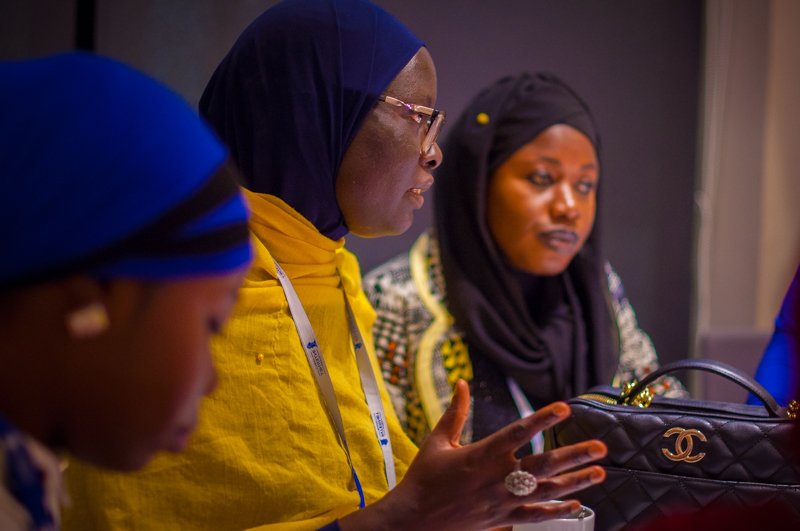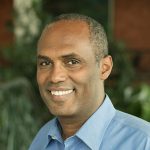Earlier this month, the African Internet community gathered in Dakar, Senegal for the Africa Internet Summit (AIS). The event highlighted some of the great hopes, as well as some of the concerns, that the African Internet community has for the future.
I had the personal honor of speaking at the Opening of the AFNOG meeting where I talked about what the Internet has brought to Africa and the promise that it still holds. I highlighted how Africa has experienced tremendous growth in Internet access and usage over the past few years, and how enormous development opportunities have been opened up for its young population. Believing that we need to put people at the center of our decision-making and build an Internet where everyone’s voice counts, I encouraged the Internet community in Africa to continue to embrace diversity, inclusion, and equality in order to shape an Internet that best serves the billions of people who use it every day, now and into the future.
In many ways, AIS is a showcase for the progress that is being made in creating an Internet for everyone. Key groups are making sure that their voices are being heard.
For example, at a Women in Tech session we heard about what women in Africa are doing to make the Internet safer and more secure for other women and children. We witnessed an inspiring group of more than 70 young African network engineers – including a significant number of highly skilled women engineers from across the continent – honing their coding skills at our second Hackathon@AIS by working on IETF protocols for two consecutive days. And together with our Senegalese Chapter, we convened over 50 participants from government, private sector, academic, and civil society organizations to talk about the lack of security in IoT devices and what can be done together to meet the challenge this presents.
Last but not least, we were also able to launch a set of Privacy and Personal Data Protection Guidelines for Africa in partnership with the African Union Commission, aimed at helping African countries develop strategies to protect the personal data of their citizens. These guidelines are both timely and relevant in light of the recent data abuses that have hit the headlines around the world. Importantly, they demonstrate how we can make use of collaborative processes to deliver tangible solutions that address the growing concerns of Internet users.
But in as much as the African Internet community showed its resilience in tackling these and other emerging issues, there were some concerns at the end of the week when AFRINIC could not fill successfully a few of the vacant board positions at its Annual General Meeting. We, at the Internet Society, believe that AFRINIC is resilient enough to surmount these challenges and that it will find a lasting solution soon; and we reaffirm our commitment to support AFRINIC and its community in this process.
Read the Personal Data Protection Guidelines for Africa and the 18 recommendations.

